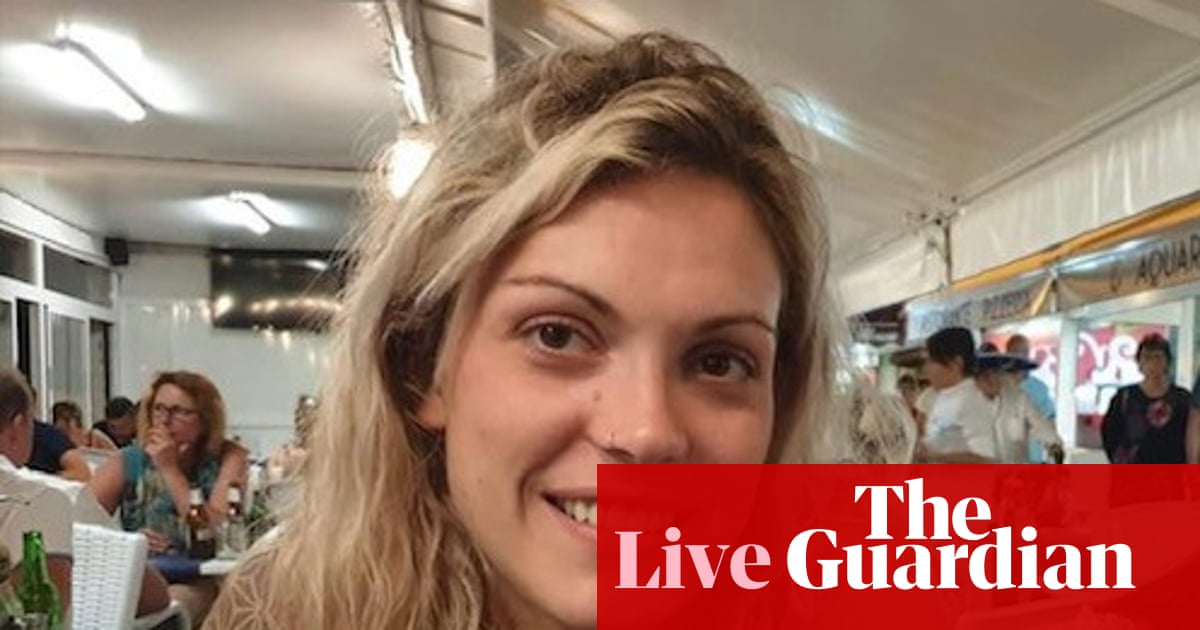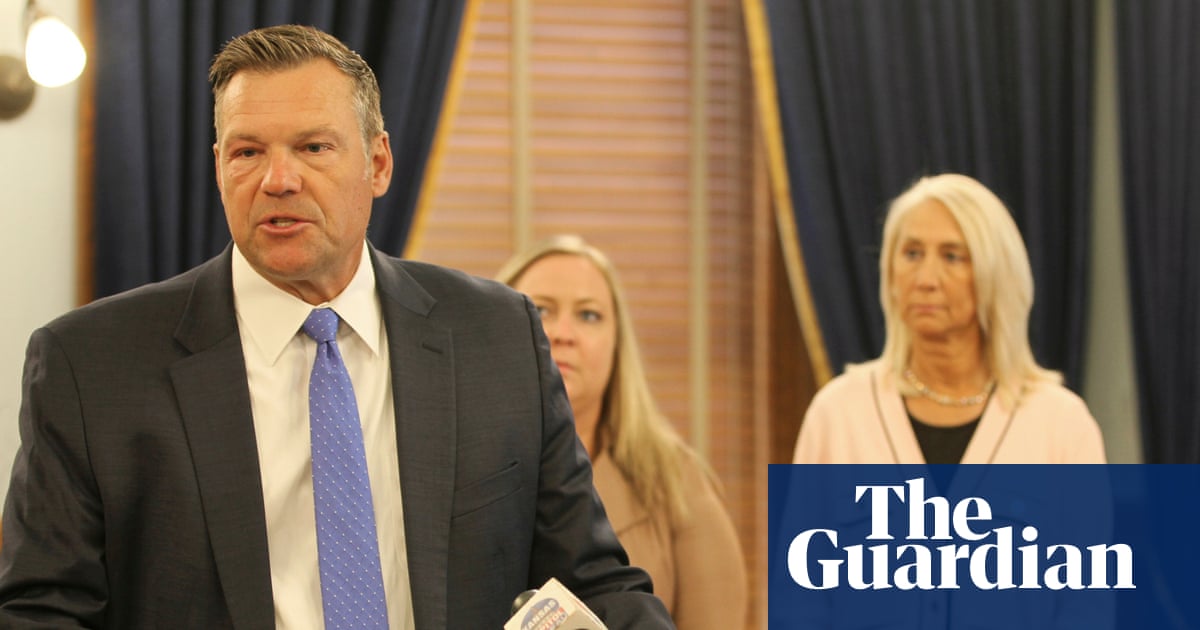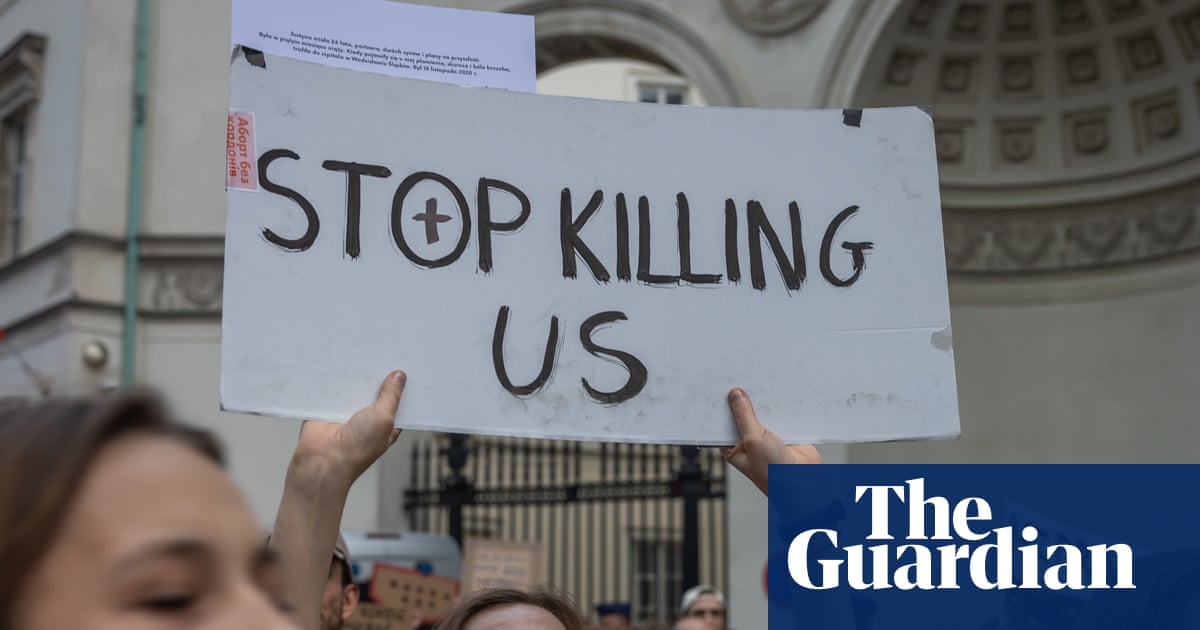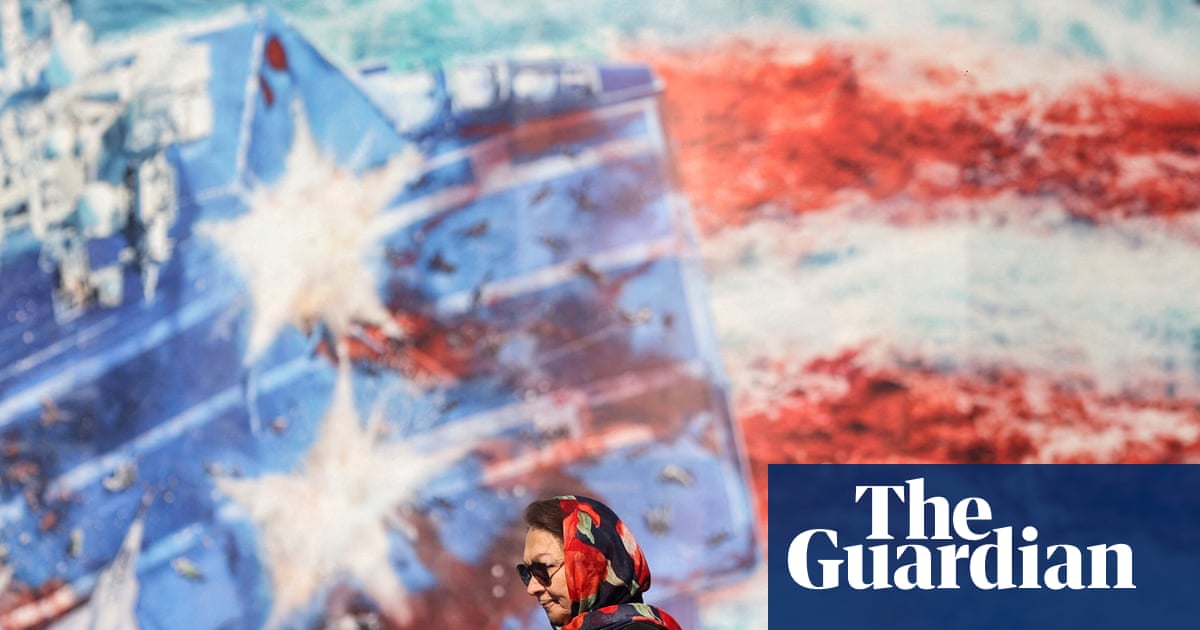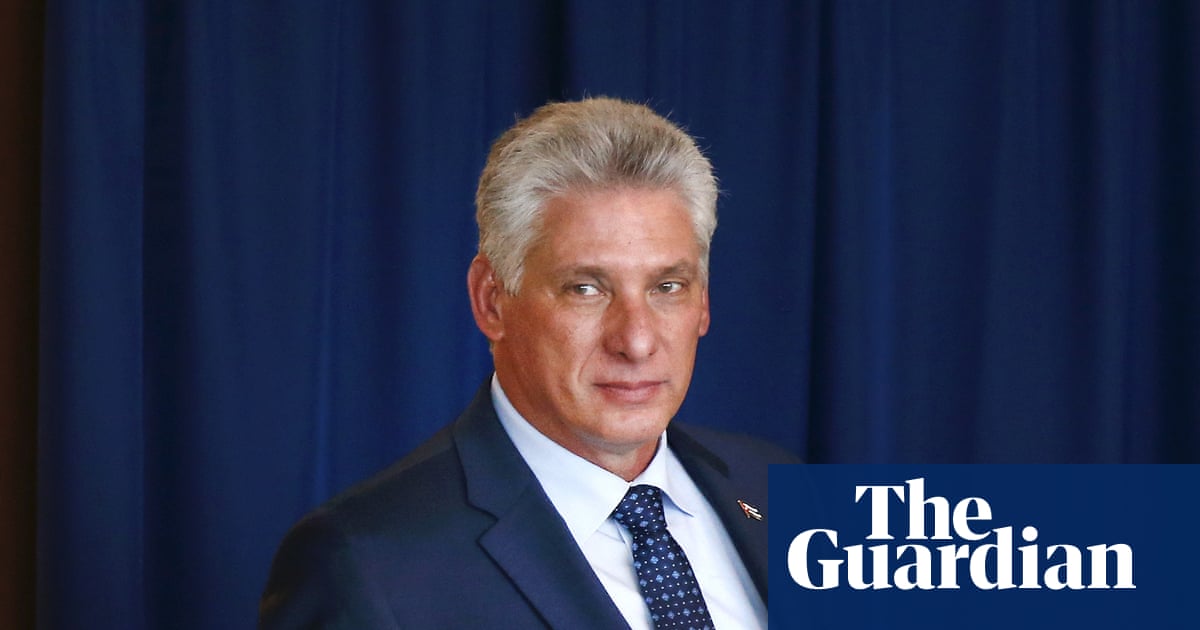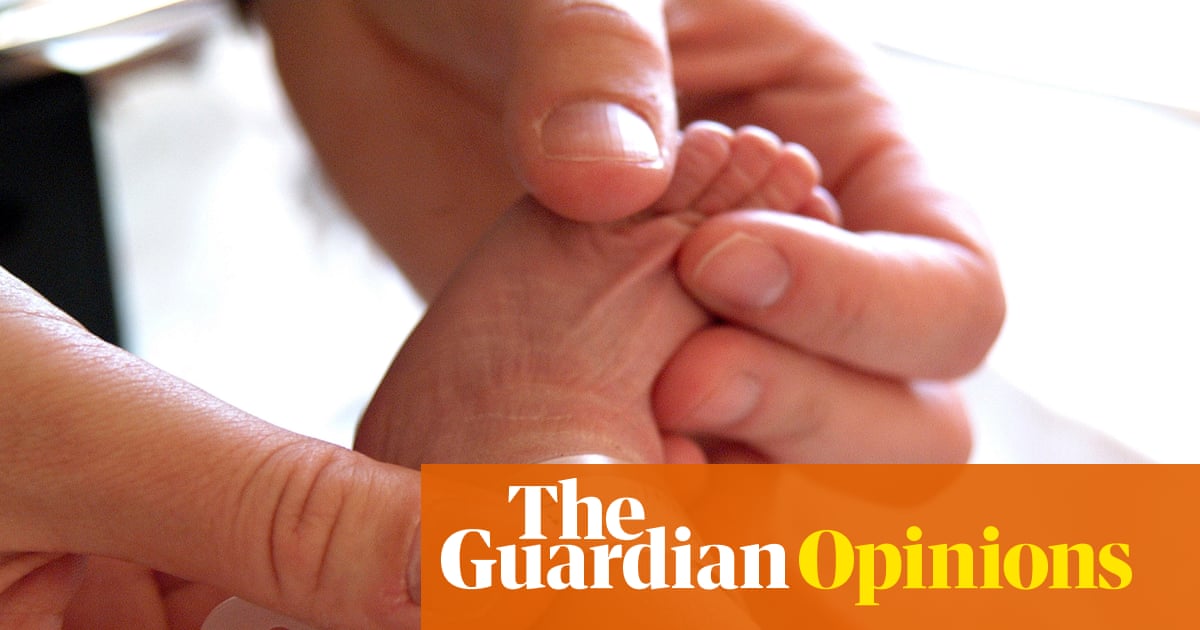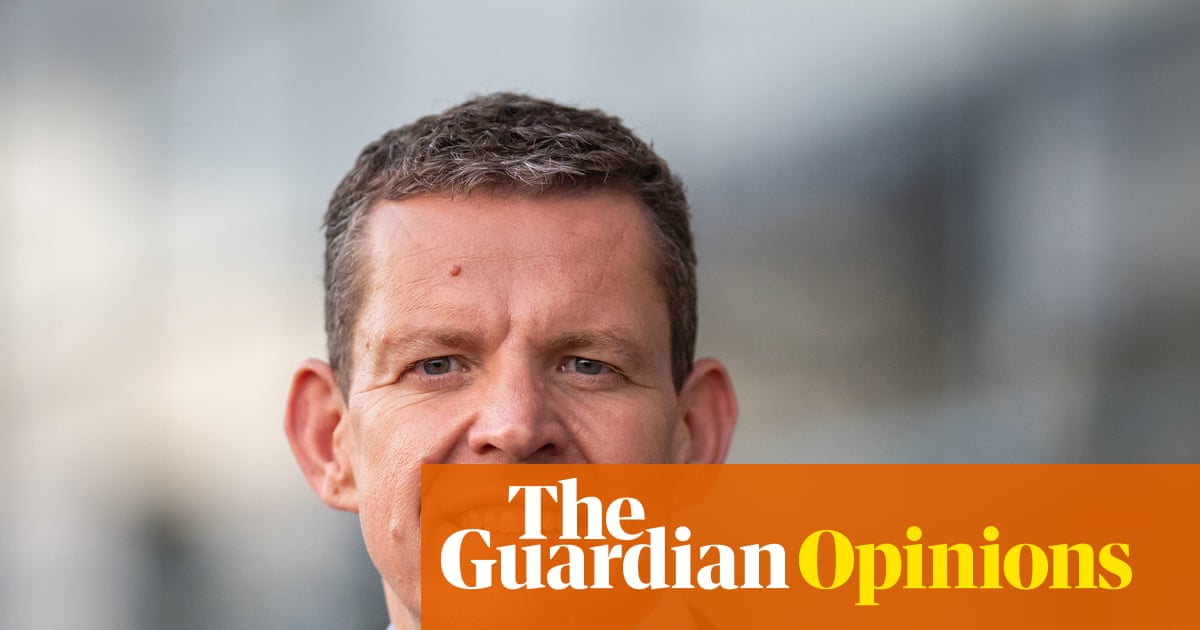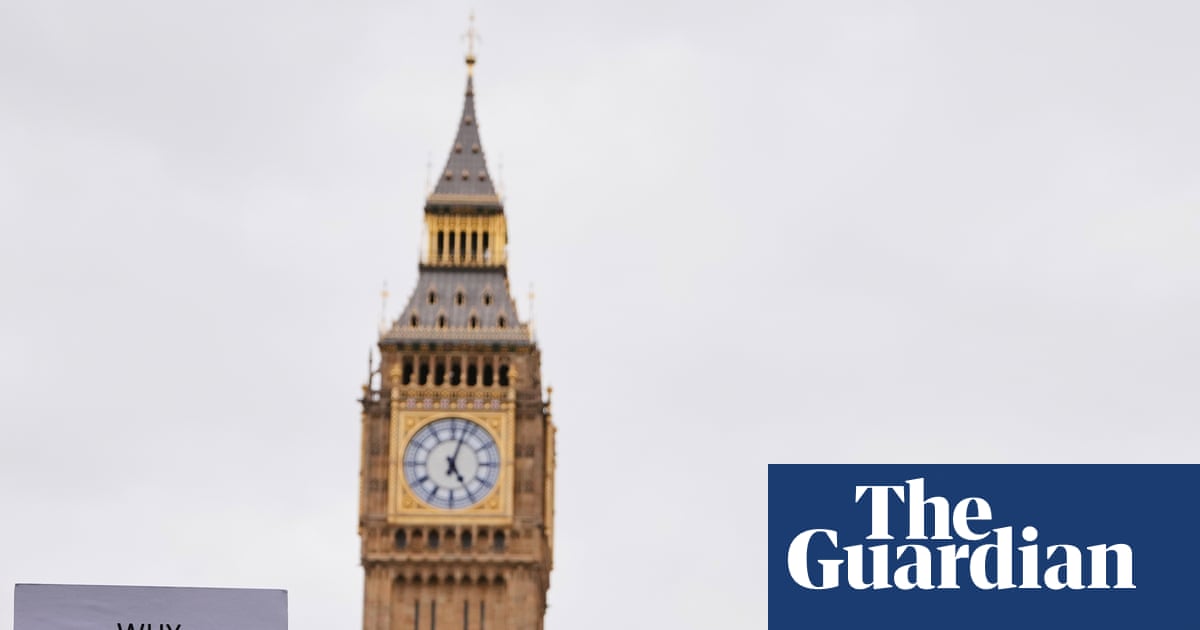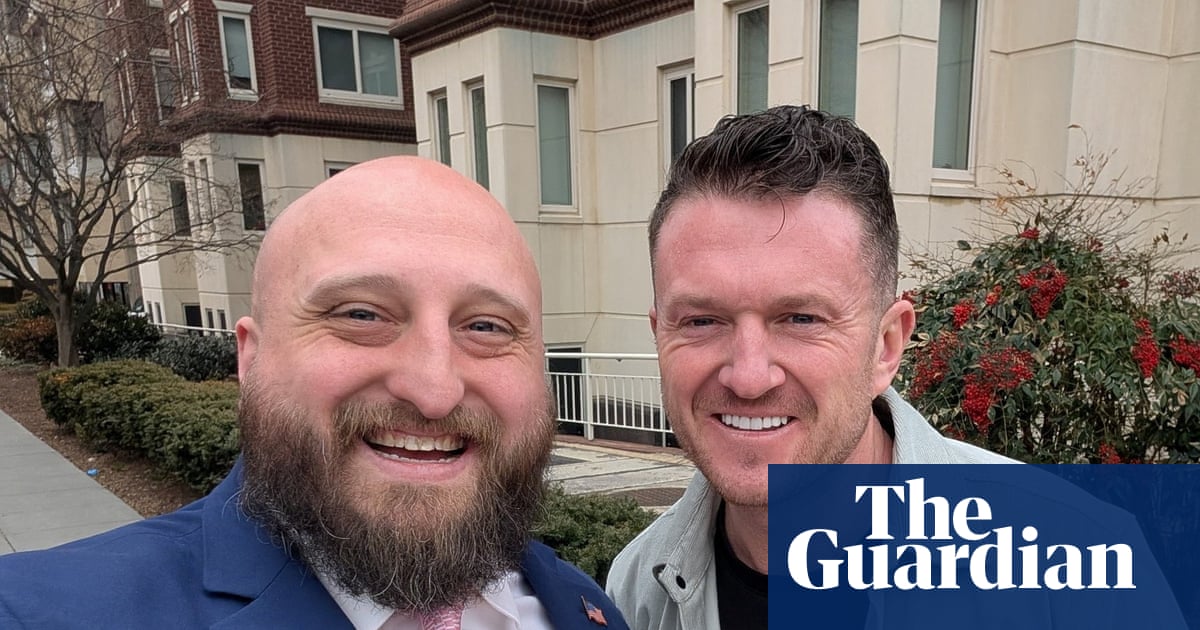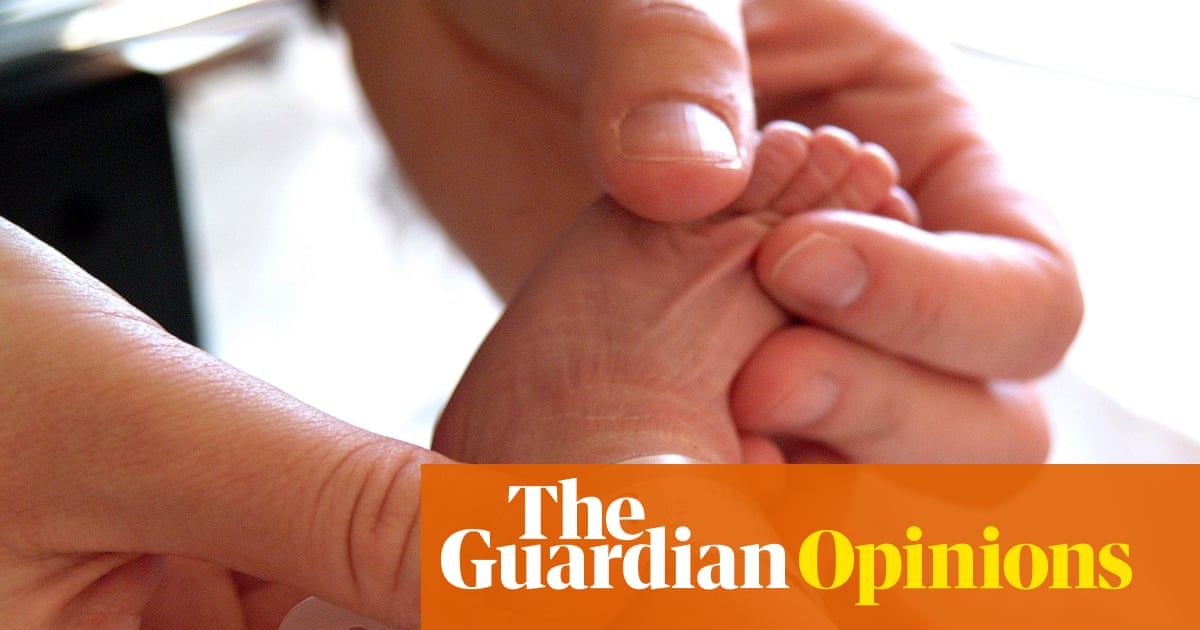More than 36,000 people have fled Sudan’s Kordofan region since Saturday amid a surge in fighting, the UN’s migration agency has said, after the capture last week of the city of El Fasher in neighbouring Darfur by the paramilitary Rapid Support Forces (RSF) after more than a year under siege.
The strategic central area between the country’s Darfur provinces and the Khartoum-Riverine region that includes the capital, Khartoum, to the east, has in recent weeks become the latest battleground in the two-year civil war between the Sudanese armed forces (SAF) and the paramilitary group.
An estimated 36,825 people fled five localities in North Kordofan state between 26 October – the day El Fasher fell to RSF – and 31 October, the International Organization for Migration said on Sunday.
The people, most on foot, headed to Tawila, a town west of El Fasher that is sheltering more than 652,000 displaced people, the UN said.
Mirjana Spoljaric, the president of the International Committee of the Red Cross (ICRC), said in comments published on Monday that the situation in Sudan was “horrific” and history was repeating itself in Darfur.
More than 200,000 people were killed in the Darfur genocide of the early 2000s when Arab Janjaweed militias were co-opted by Omar al-Bashir’s regime to help suppress an insurgency by non-Arab ethnic groups. The Janjaweed evolved into the RSF. “It’s history repeating and it becomes worse every time a place is taken over by the other party,” she told Reuters.
Prosecutors at the international criminal court (ICC) on Monday said they were collecting evidence of alleged mass killings, rapes and other crimes in El Fasher. Witnesses have reported RSF fighters going house to house, killing civilians and committing sexual assaults. According to the World Health Organization, gunmen killed at least 460 people at a hospital and abducted doctors and nurses.
“Within the ongoing investigation, the office is taking immediate steps regarding the alleged crimes in [El Fashir] to preserve and collect relevant evidence for its use in future prosecutions,” the prosecutors said in a statement.
The Integrated Food Security Phase Classification, the leading international authority on hunger crises, on Monday meanwhile said famine had been detected in El Fasher and Kadugli in South Kordofan. Twenty other areas in Darfur and Kordofan were also at risk of famine, it said.
People in North Kordofan on Monday reported a surge in RSF and army presence across towns and villages in the state.
Both forces are vying for El Obeid, the North Kordofan state capital and an important logistics and command hub that links Darfur to Khartoum, where there is also an airport.
In a video shared late on Sunday, an RSF member said: “Today, all our forces have converged on the Bara front here,”, referring to a city north of El Obeid. RSF claimed control of Bara last week.
Suleiman Babiker, who lives in Um Smeima, west of El Obeid, told Agence France-Presse that the number of RSF vehicles had increased since the group’s capture of El Fasher. “We stopped going to our farms, afraid of clashes,” he said.
Another resident, requesting anonymity for security reasons, said “there has been a big increase in army vehicles and weapons west and south of El Obeid” over the past two weeks.
Martha Pobee, the assistant UN secretary general for Africa, raised the alarm last week about “large-scale atrocities” and “ethnically motivated reprisals” by RSF in Bara.
She warned of patterns echoing those in Darfur, where RSF fighters have been accused of mass killings, sexual violence and abductions against non-Arab ethnic groups after the fall of El Fasher.
The fighting in Sudan has created what the UN has described as one of the worst humanitarian crises of the 21st century. More than 150,000 people have been killed and more than 14 million displaced from their homes.
During Pope Leo’s weekly Angelus address in St Peter’s Square on Sunday, he appealed for an immediate ceasefire and the opening of humanitarian corridors in Sudan, saying attacks on civilians and hindrances to humanitarian aid “are causing unacceptable suffering”.
Spoljaric said tens of thousands of people had fled El Fashir after RSF seized the city and it was likely that tens of thousands more were trapped there without access to food, water or medical assistance.
She said ICRC staff in Tawila had heard reports that people fleeing were “sometimes collapsing and even dying out of exhaustion or because of their wounds,” calling the situation “absolutely beyond what we can consider acceptable.”
The ICRC head said the world was living through a “decade of war,” with armed conflicts doubling in the past 15 years to approximately 130, and urged parties to conflicts from the Gaza Strip to Ukraine to uphold the rules of war.
Sudan’s ambassador to Egypt, Imadeldin Mustafa Adawi, accused RSF of carrying out war crimes in El Fasher. He said the Sudanese government would not negotiate with the paramilitary group and urged the international community to designate it as a terrorist organisation.
Turkey’s president, Recep Tayyip Erdoğan, on Monday urged the Muslim world to end the violence in Sudan. “No one with a heart ... can accept the recent massacres targeting civilians in El-Fasher. We cannot remain silent,” he told delegates at a gathering of the Organisation of Islamic Cooperation in Istanbul.
Agence France-Presse and Reuters contributed to this report

.png) 3 months ago
127
3 months ago
127

